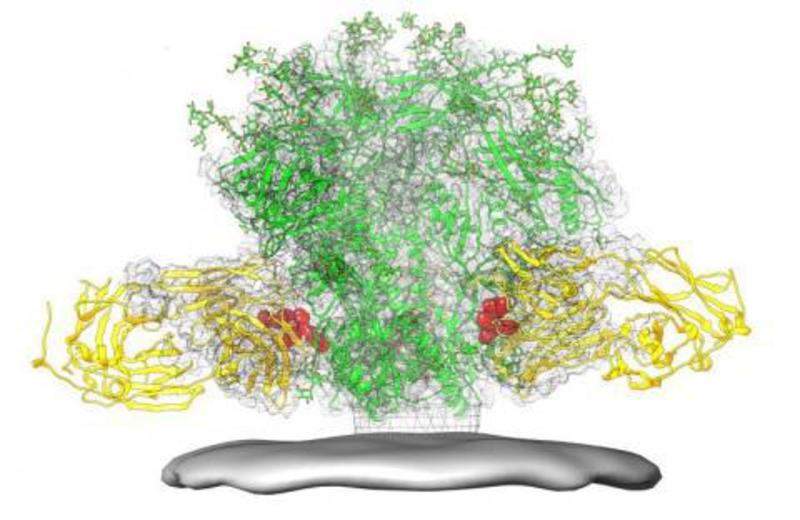
A new study by a US National Institutes of Health (NIH) division has shown an experimental HIV vaccine regimen can trigger antibodies that can neutralise multiple global strains of the virus.
Conducted at the National Institute of Allergy and Infectious Diseases (NIAID), the study involved mice, guinea pigs and monkeys. The researchers are planning to initiate a preliminary human trial in the second half of this year to validate its findings.

Discover B2B Marketing That Performs
Combine business intelligence and editorial excellence to reach engaged professionals across 36 leading media platforms.
The vaccine candidate is based on the structure of a vulnerable site on HIV surface protein, which is an epitope called the HIV fusion peptide, that is leveraged by the virus to enter human cells.
This specific fusion peptide epitope is considered as a ‘promising’ target for a vaccine as its structure is similar in majority of the strains. The human immune system also delivers a strong response against it.
Initially, the team tested a variety of immunogens for their effectiveness to elicit HIV-neutralising antibodies in mice. It was observed that the best immunogen had eight amino acids of the fusion peptide binding to a carrier that triggered a strong immune response.
The researchers then went on to evaluate a combination of this immunogen and HIV spike in mice, and found that antibodies linked to the HIV fusion peptide were able to neutralise around 31% of viruses from a global representative panel of 208 strains.

US Tariffs are shifting - will you react or anticipate?
Don’t let policy changes catch you off guard. Stay proactive with real-time data and expert analysis.
By GlobalDataThey adjusted the vaccine regimen based on these observations and assessed it in guinea pigs and monkeys, where substantial fraction of HIV strains were neutralised.
NIAID director Anthony Fauci said: “This elegant study is a potentially important step forward in the ongoing quest to develop a safe and effective HIV vaccine.”
Currently, the team is trying to enhance the vaccine regimen to achieve more potency and better consistency for outcomes with fewer injections.




